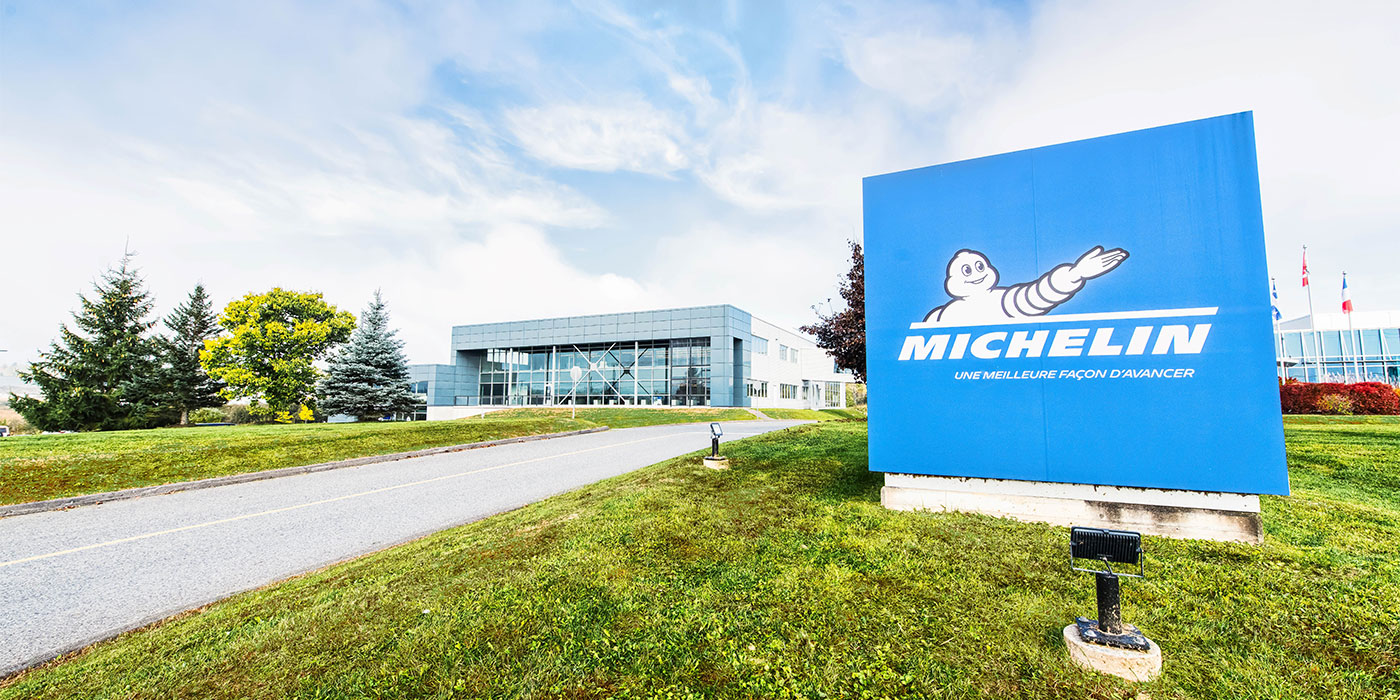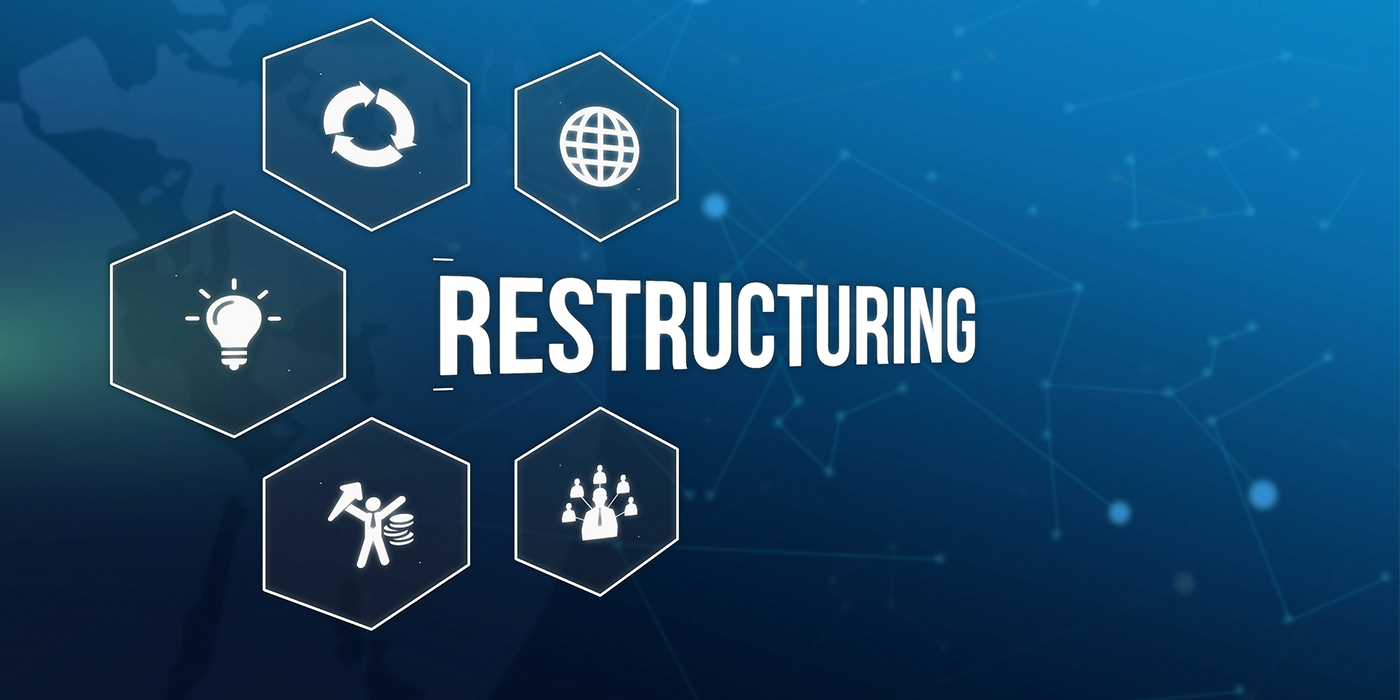As I pinball across North America training independent tire and auto service businesses on sales and customer service, it has become clear that many salespeople are under the impression that they must aggressively work to close the sale when interacting with customers, or they will lose business.
This old school “A-B-C” (always be closing) approach can work to win some sales for short-term gains, but in the long-run, this aggressive routine seldom produces the lasting customer relationships that pay long-term dividends.
One of the ultimate truths of sales is that most everyone loves to buy, but no one likes to be sold.
Contrary to this, I’ve seen far too many salespeople in and out of the tire/auto service industry who take on an aggressive sales effort that would repel and have them heading out the door if they were in a customer’s shoes.
Extensive consumer research has proven that there’s a direct link between positive customer experiences and greater sales results. Research also reveals that when there’s a disconnect between the way businesses go about selling their products and the way consumers want to buy them, sales suffer.
A major dilemma that contributes to the use of aggressive sales methods is that, frankly, sometimes they work. And when they do, it promotes a counterproductive situation where sales managers often push harder and salespeople believe the hard-nosed approach is the right thing to do – unaware that they ultimately are losing more business (sales and profits) than they are gaining.
The massive new car industry presents a great case study to understand the cause and effect of high- and low-pressure methods on customer satisfaction and long-term sales performance and profitability.
Automobile salespeople have traditionally been trained to play a game of cat and mouse with the customer and operate under the misguided philosophy that customers don’t really leave the dealership to think about it and return to buy, so they must sell hard during the initial interaction given that this is their only perceived chance.
Want to know how much that car you’re interested in costs to buy? They can’t tell you. Not happy with the price you’re quoted? They’ll have to “see the manager” to get a better price approved and, all the while, you’ll be held hostage at the mercy of the dealership.
This unaccommodating process often leads to customers who are not satisfied with their shopping experience, depart the dealership without purchasing and do not return to buy, often leaving management to instruct their salespeople that they must push harder for the sale when the customer is there – a vicious cycle.
As documented in the book “Satisfaction,” by J.D. Power and Associates, low-pressure and high-pressure sales methods are drastically different in terms of producing customer satisfaction and sales/profits results. In its analysis of the automotive industry, J.D. Power evaluated the impact of customer satisfaction on sales and profitability and concluded that the high-satisfaction group increased sales by more than 40%, while the low-satisfaction group actually lost sales.
Beyond manufacturer concerns of product quality and execution, a major contributing factor to customer satisfaction ratings was the customer’s feelings toward the sales and service experience at the dealership. Brands like Lexus and Acura, which excelled in dealership sales and service ratings, performed dramatically better in both sales and profit performance than did brands like Ford and Dodge, which scored low customer satisfaction ratings.
Relationship-Based Sales
Like automobile dealerships, independent tire dealers do not manufacture and control their product offerings, but they can (and should) proactively manage the customer experience. In the automobile industry, the dealerships that rank at the top in sales performance had the best customer experience ratings – and included a process in which customers did not believe they had to play a game or feel pressured into buying. Instead, they were made comfortable by an environment with accommodating and informative salespeople who helped them buy – rather than trying to sell them.
A good friend of mine recently took his car to a local auto service center for a state inspection and commented to me that it was a great experience, saying that unlike several previous shops he had taken the family vehicles for their annual stickers, this place did not try and sell him anything.
Instead he told me they simply provided a print-out of all the recommended service items for the vehicle and advised using a “just so you know” consultative approach. “That’s what I want. I don’t want to be sold anything, I just want to know what the car really needs, then I can decide to buy on my terms,” he said, adding, “I’ll bring my cars there from now on.”
The reality of the situation is that both this business and the shops he had visited in the past all sought to sell him their services. However, as is so often the case, it’s not what you do but rather how you do it that matters most. Rather than trying to close the sale, the service adviser properly executed a consultative approach, successfully opening the relationship and creating a long-term customer that has bought – and will continue to buy – from the company.
If you were in the business of selling products to people once and never had to interact with them again, then relationship-based selling efforts would be far less important. That is not the case in the tire and auto service business.
People like to do business with people they like. As your shop’s products and services often are identical to those of your competitors, and everyone is in the same price ballpark, the relationships you create and maintain are your true competitive differentiators.
Steve Ferrante, CEO of Sale Away LLC, is the producer and host of the Pinnacle Performance sales and customer service training program for the tire/auto service industry. He can be reached at 866-721-6086 ext. 701 or [email protected].













